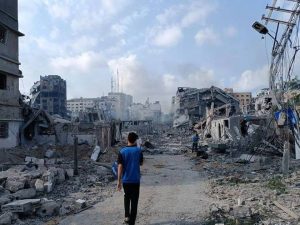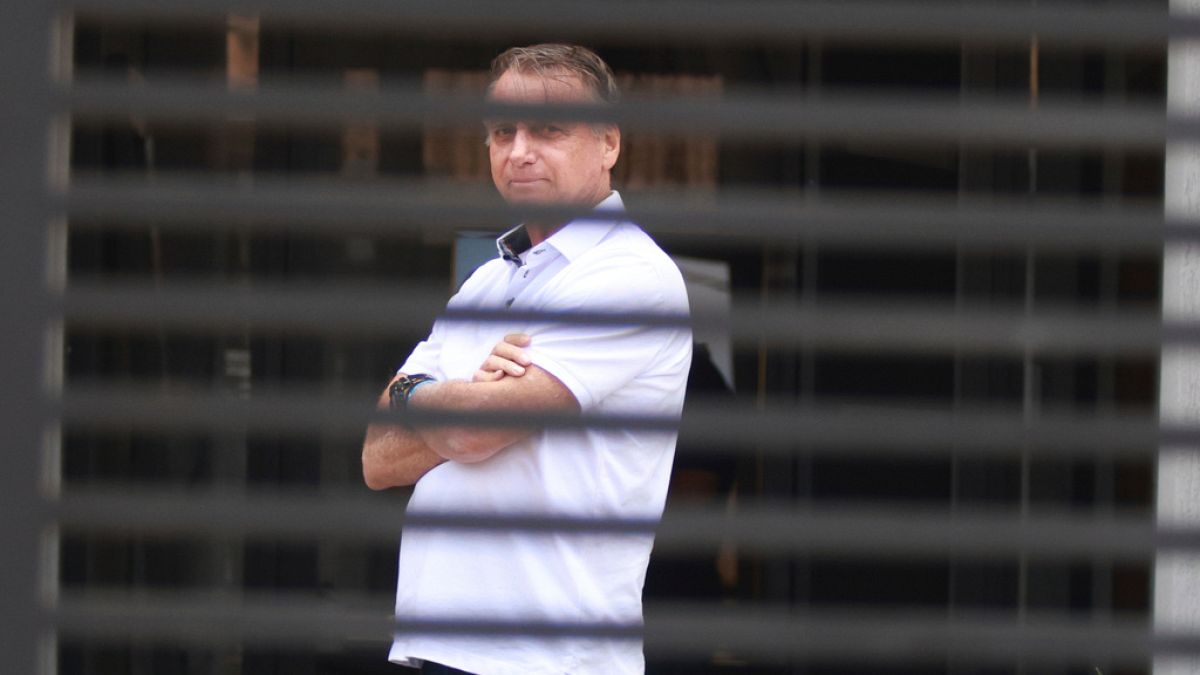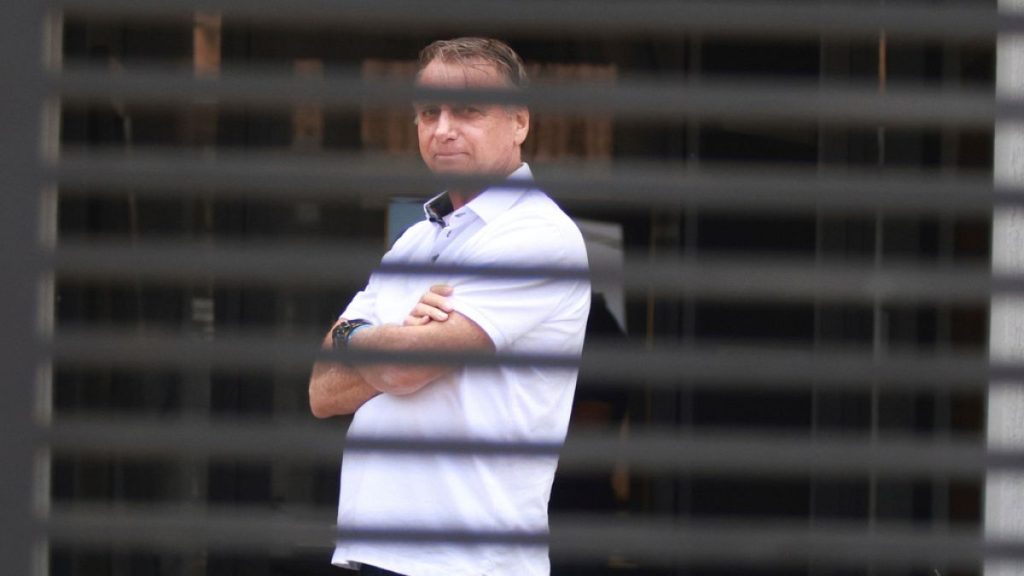Lawyers for former Brazilian President Jair Bolsonaro have stated that his trial on charges of attempting a coup is marked by violations of his right to defense, pointing to accelerated procedures and weak evidence despite their client facing a potential sentence exceeding 40 years.
Bolsonaro’s lawyers said their client, who is being tried for planning a coup after losing the 2022 elections, did not attack democracy and has been denied a fair right to defense.
Lawyer Celso Vilardi told the Supreme Court on Wednesday, September 3, “We were not given access to the evidence, nor enough time to review it,” adding that the court accelerated the trial pace.
He described the accusation that Bolsonaro faces crimes that could lead to a 30-year prison sentence as “unreasonable.”
Vilardi emphasized that the Supreme Court lacks evidence to convict the former president, explaining that the prosecution has not proven his connection to the rioters who stormed government institutions in Brasília, and that the key witness in the case, his former aide Mauro Cid, has changed his statements multiple times.
Defense lawyer Paulo Amador da Cunha Bueno told Reuters that Bolsonaro will not attend any trial sessions, while local media and supporters of the former president reported that the court seeks to speed up the process to avoid overlap with the 2026 presidential election campaigns, but Judge Alexandre de Moraes, overseeing the case, denied these claims.
The final phase of the trial began Tuesday and is expected to conclude by the end of next week. This trial could lead to Bolsonaro’s imprisonment as a former president for the first time in Brazil’s history on charges of threatening democracy, with maximum sentences exceeding 40 years.
Bolsonaro previously stated he did not seek to overthrow democracy but admitted during testimony that he participated in meetings discussing ways to overturn the 2022 election results. The prosecution linked him to the riots in Brasília in January 2023, when thousands of his supporters stormed the parliament, presidential palace, and Supreme Court, in a scene reminiscent of the 2021 U.S. Capitol attack by supporters of former U.S. President Donald Trump.
Trump described the trial as a “political witch hunt,” responding by imposing 50% tariffs on many Brazilian goods and sanctions on Judge Moraes. Brazilian authorities are investigating Bolsonaro and his son Eduardo for inviting Trump to intervene in the case.
At the opening of one session, Moraes said a “criminal organization” attempted to pressure the Supreme Court through “foreign state auditing,” affirming such attempts will not affect the ruling because “national sovereignty cannot, should not, and will not be insulted, bargained, or blackmailed.”
Senator Flavio Bolsonaro, the former president’s son, told Reuters the case is “fabricated,” claiming that three of the five judges on the trial panel are “anti-Bolsonaro,” pointing to their ties with current leftist President Luiz Inácio Lula da Silva.
Flavio explained that Judge Flavio Dino served as Justice Minister under Lula’s government, and Judge Cristiano Zanin was his personal lawyer, while his father accused Judge Moraes of unfair persecution.
The Supreme Court rejected previous defense appeals alleging judge bias. The court has 11 judges, seven appointed by leftist presidents, while the two judges appointed by Bolsonaro were not included among the five judges overseeing the case, as members are selected based on seniority.














Recommended for you
Talib Al-Rifai Chronicles Kuwaiti Art Heritage in "Doukhi.. Tasaseem Al-Saba"
Exhibition City Completes About 80% of Preparations for the Damascus International Fair Launch
Unified Admission Applications Start Tuesday with 640 Students to be Accepted in Medicine
Egypt Post: We Have Over 10 Million Customers in Savings Accounts and Offer Daily, Monthly, and Annual Returns
His Highness Sheikh Isa bin Salman bin Hamad Al Khalifa Receives the United States Ambassador to the Kingdom of Bahrain
Al-Jaghbeer: The Industrial Sector Leads Economic Growth